Case Law Details
HIGH COURT OF DELHI
Commissioner of Income-tax
versus
Sony India (P.) Ltd.
IT APPEAL NOS. 1178 & 1182 OF 2011
C.M. NOS. 8667 & 8669 OF 2012
SEPTEMBER 10, 2012
ORDER
C.M. No. 8667/2012 in ITA 1178/2011
C.M. No. 8669/2012 in ITA 1182/2011
1. By order dated 20th March, 2012, we had admitted the present appeal on the following substantial question of law-
“Whether the Income Tax Appellate Tribunal was right in deleting the additions made by the Assessing Officer on the basis of the report submitted by the Transfer Pricing Officer?”
2. However, we did not admit the appeal of the Revenue on the question whether 10% of the sales promotion and the advertisement expenditure was incurred to give advantage and benefit to the principal/parent company and, therefore, was not allowable as a deduction.
3. The present application has been filed, inter alia, stating that in the assessment year 2005-06, three more issues were raised vide questions (D) to (H) and for the assessment year 2006-07, two more issues were raised vide questions (D) to (F). The said questions read as under:-
Assessment Year 2005-06
“(D) Whether the Tribunal erred in allowing a deduction of expenditure under section 35DDA of the Act in respect of payments made under the voluntary retirement scheme floated by the assessee only in respect of the Daruhera Plant?
(E) Whether the Tribunal erred in concluding that the scheme, to be eligible for deduction under section 35DDA of the Act did not have to comply with the conditions of Rule 2BA of the Rules?
(F) Whether the Tribunal erred in allowing depreciation in respect of UPS @ 60% treating the same as computers?
(G) Whether the Tribunal erred in deleting the disallowance of 10% of expenditure on advertisement and sale promotion as benefiting the parent company?
(H) That the Tribunal erred in not appreciating that during the period under consideration the assessee was acting as a mere distributor of electronic goods and importing directly from the parent which resulted in a direct benefit to the parent and as such the entire amount of expenditure on advertising could not be said to be wholly and exclusively for the assessee’s business?”
Assessment Year 2006-07
“(D) Whether the Tribunal erred in allowing a deduction of expenditure under section 35DDA of the Act in respect of payments made under the voluntary retirement scheme floated by the assessee only in respect of the Daruhera Plant?
(E) Whether the Tribunal erred in concluding that the scheme, to be eligible for deduction under section 35DDA of the Act did not have to comply with the conditions of Rule 2BA of the Rules?
(F) Whether the Tribunal erred in allowing depreciation in respect of UPS @ 60% treating the same as computers?
4. Our order dated 20th March, 2012, does not refer to these three/two issues and, therefore, we had issued notice to the respondents-assessee. It appears that these issues were not specifically argued but this is not so stated or recorded in the said order. In these circumstances, we have heard the learned counsel for the applicant on the aforesaid three/two issues.
5. Regarding applicability of Rule 2BA of the Income Tax Rules, 1962 to expenditure incurred and subject matter of Section 35DDA of the Income Tax Act, 1961, we are entirely in agreement with the findings recorded by the tribunal in paragraph 6.3.
6. Rule 2BA is in the form of guidelines for the purpose of Section 10(10C), which relates to taxation of income/amount received by an employee under VRS scheme. The said Rule does not deal with the expenditure incurred by the employer when the assessee makes payment under the VRS scheme formulated by them. The treatment of expenditure or outgoing of the employer has to be dealt with under Section 35DDA and the prescribed rules, if applicable. Rule 2BA, which is applicable to the recipient i.e. the employee, cannot be applied. On this aspect, therefore, we do not think that any substantial question of law arises for consideration.
7. The second issue pertains to depreciation in respect of UPS, which has been allowed @ 60% by treating them as a part of the computer or as a computer peripheral. The finding recorded by the tribunal in this regard is that these UPS were used with the computer systems itself. The tribunal relied upon the decision of Kolkata Bench in ITO v. Simran Majumdar [2006] 98 ITD 119. The factual finding recorded by the tribunal that UPS, Printers and switches were used with the computer system, is not disputed and denied. In these circumstances, decision of Delhi High Court in ITA 1267/2010 titled CIT v. BSES Yamuna Power Ltd. decided on 31st August, 2010 is applicable. In the said case it was held that computer accessories and peripherals form an integral part of a computer system and, therefore, depreciation has to be allowed at the rate of 60%. We may notice that the higher depreciation was not only allowed in respect of UPS but also in respect of printers, switches etc. The second issue, therefore, does not require interference in exercise of power under Section 260A of the Income Tax Act, 1961.
8. The third issue relates to deduction of 1/5th of the expenses relating to legal and professional expenses relating to closure of the Daruhera unit. This issue has been raised in the assessment year 2005-06 and not in the assessment year 2006-07, though the tribunal has directed that 1/5th of such expenses incurred will be allowed in each of the assessment year. Thus, the direction of the tribunal has the revenue effect and is applicable to the assessment year 2005-06 also. The tribunal in paragraph 7.3 and 7.4 has dealt with the issue and directed the Assessing Officer to allow 1/5th of the expenses in the assessment year in question and balance in the next four assessment years in equal installments. The case of the Revenue was that this was capital expenditure as it related to expenses incurred in connection with the VRS scheme. The expenditure, which was incurred, was for obtaining medi-claim insurance for retired employees, contribution made to superannuation fund, security charges for additional security, travelling expenses etc. We may note here that business of the assessee has not closed down; they are continuing with trading, marketing and sales. Only the manufacturing unit at Daruhera unit was closed down. It is not the case of closure of business. A person can carry on different activities under the head ‘business’. Under Section 70 of the Act, one can set off of loss from one source against income from another source under the same head. In CIT v. Prithvi Insurance Co. Ltd. [1967] 63 ITR 632 (SC) and Produce Exchange Corpn. Ltd v. CIT [1970] 77 ITR 739, Supreme Court elucidated upon the said aspect and held that test of “same business” is answered by examining whether there is interconnection, interlacing, inter-dependence and unity of control and management, common decision mechanism and use of common funds. Once there is interdependence and unity interlacing the business, these cannot be treated as two separate businesses. The possibility of stopping one without affecting the other is not an indication that they are different businesses. In CIT v. D.C.M ITA 987/2007 decided on 13th January, 2009, it has been held that the expenditure incurred on payment of retrenchment compensation and interest on money borrowed for payment of retrenchment compensation on closure of one of the four textile manufacturing units, amongst other businesses, of the assessee-company was revenue expenditure. It also held that closure of one unit did not amount to closure of business as it was not a separate and distinct business.
9. In these circumstances, we do not think that any substantial question of law arises on third issue.
The application is accordingly disposed of.







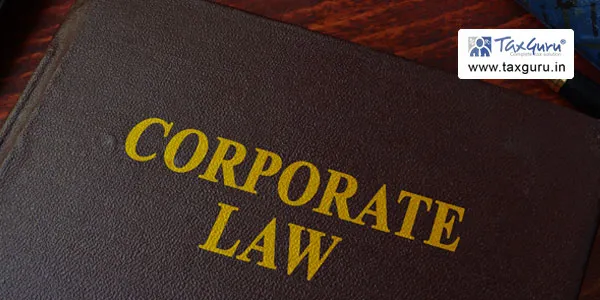


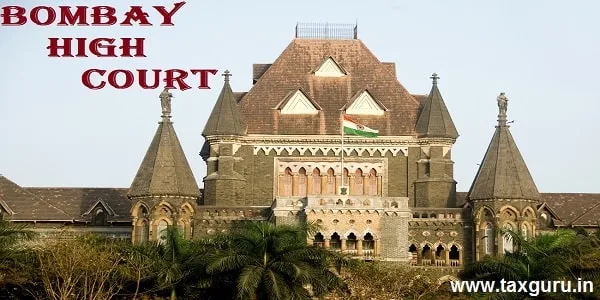
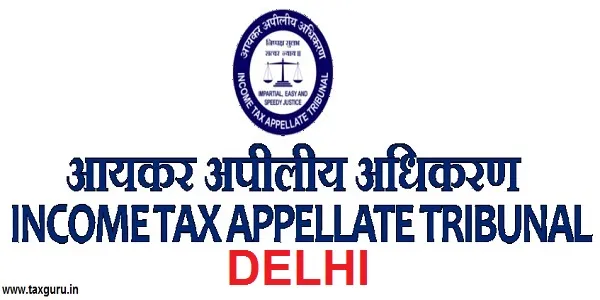

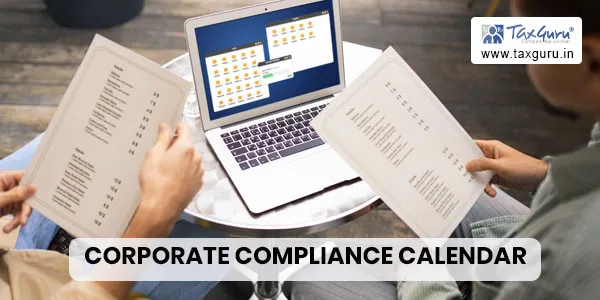

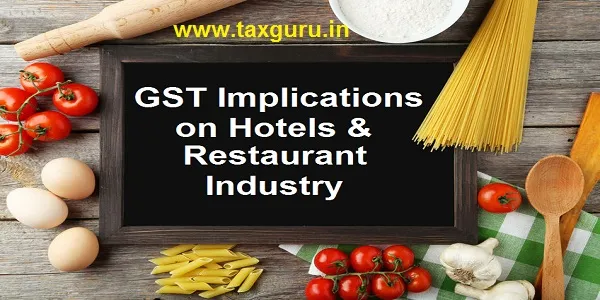


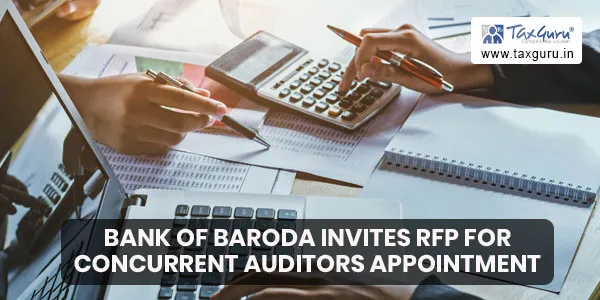
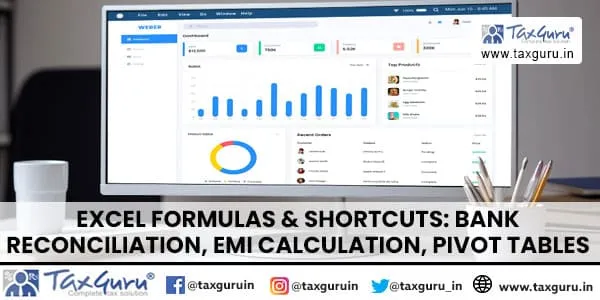
require clarity on tax implication on lump sump amount revived by employee on voluntary seperation